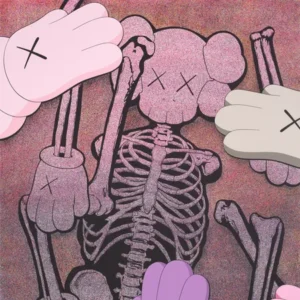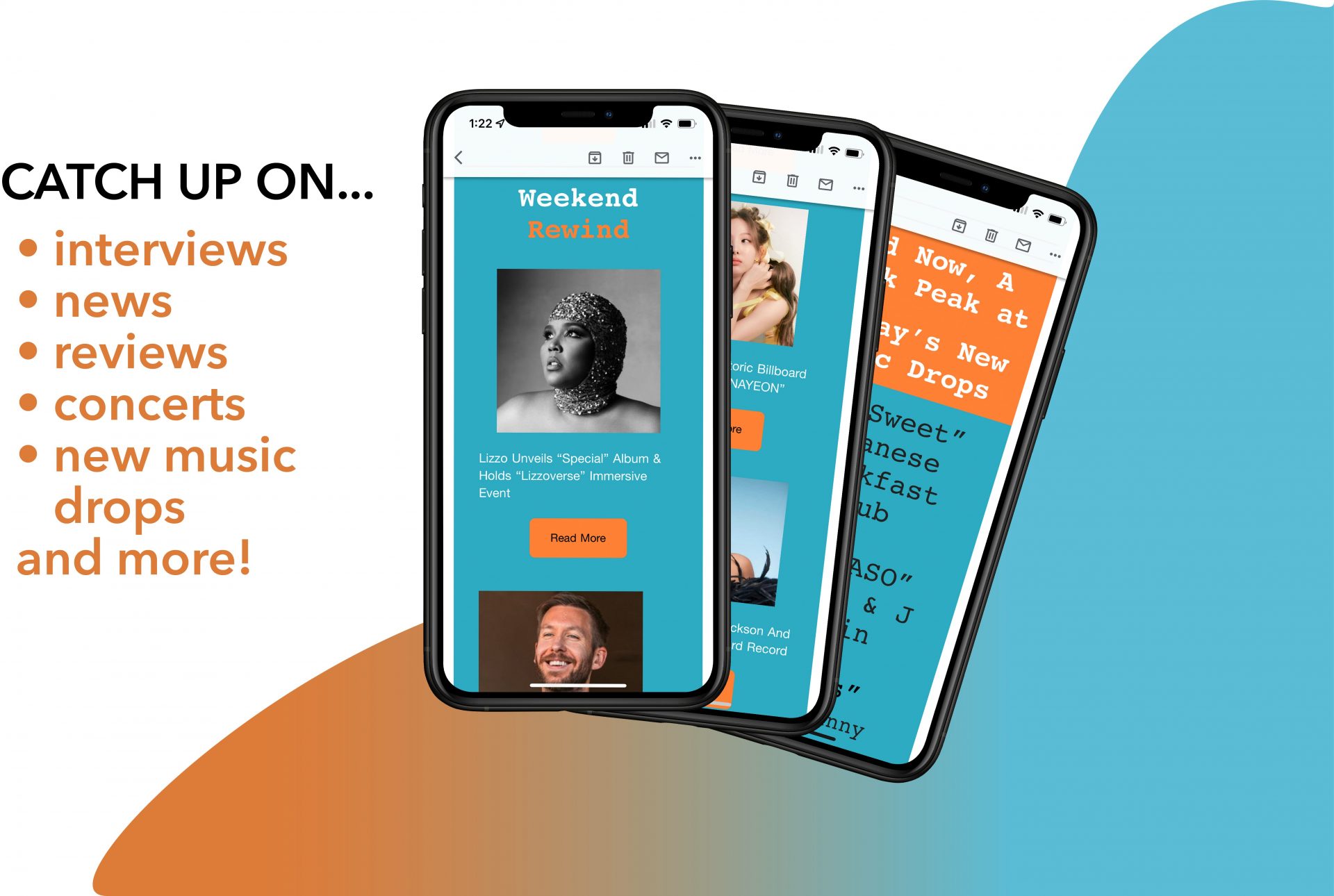Ah, the sweet bliss of falling in love. We Are Scientists, an American rock band, released “Contact High” this week – an upbeat love song for the ages. The single relates what it’s like to be totally infatuated with someone without sounding like a cheesy wedding track.
The high-tempo, rock single is the lead track off their upcoming album, “Huffy”. It’s set to be released October 8th of this year. The track is full of energy, guitar, and percussion; it’s the perfect song to add to your summer playlists.
The Band Struggled to Write “Contact High”
Keith Murray, singer and guitarist for the band, has said of the track: “Love songs can easily be goofy and embarrassing, and so I sometimes have a hard time writing songs that are unambiguously romantic. ‘Contact High’ really nails that heady rush of full-throttle infatuation for me, though.”
With painstakingly beautiful lyrics like “Well, let me tell you this / You’re the only source of light that I can see / And just a drop of it / You’re chemically alive in me” the band obviously knows how it feels to be in love. If Murray and company struggled to write this track, we would never know. Blissful guitar riffs and sweet melodies combine for a joyful listen.
We Are Scientists Create an Interesting Music Video
On their official Youtube page, fans can watch a music video for the hit track. Featuring dangerous boat rides, electric scooters, and a suspicious suitcase, the video is an interesting watch. The homemade video can be watched below.
We Are Scientists Announce Another Tour
If “Contact High” is any indication of their upcoming album, fans are in for a real treat. Rock-based with tinges of alternative and acoustic, their discography is captivating. We Are Scientists have also just announced another tour in the United Kingdom.
We’re saddling up and heading out on tour, and the ticket pre-sale begins today. (If you pre-ordered Huffy, you have an email link!) General sale starts FRIDAY at 9am BST / 10am CEST. All tickets come as bright purple NFTs that smell like doughnuts! https://t.co/yePghezgzo pic.twitter.com/7sAqrwLEkr
— We Are Scientists (@wearescientists) July 7, 2021
















